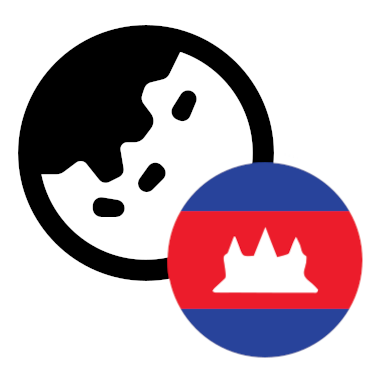 08 August 2017
08 August 2017
“Because I have a disability people think I cannot start a family.”
This statement reflects the experiences of men and women with disabilities in their villages and communities. Social stigma and prejudices constitute significant barriers to accessing sexual and reproductive health care information and services for persons with disabilities. One of the goals of the GIZ Improving Maternal and Newborn Care Project is to reduce those barriers. Ensuring that persons with disabilities have equal rights is a key principle of German development policy. To do so, the project partnered with Epic Arts, a local NGO that is committed to promote inclusion of persons with disabilities through arts.
To eliminate the misconception that persons with disabilities are less capable than non-disabled people, and emphasize that they have the same sexual and reproductive health rights and needs, Epic Arts carried out five “I Can” workshops in March 2017. They were conducted in selected villages in Kampot, Kep, and Kampong Speu, and reached 126 participants in total. These included men and women with disabilities, community members, and local authorities and decision-makers.

Each one-day workshop started with persons with disabilities sharing about barriers they face in daily life. During those discussions, popular misconceptions and negative attitudes towards persons with disabilities were identified. For example, it is commonly believed that persons with disabilities cannot have relationships, are not capable of going to school or having their own businesses. However, for participants it was clear that those assumptions are wrong, and that they are indeed equal right holders in the society.
Some participants got the chance to study and rehearse a short dance performance, which was delivered to village members in the afternoon. In addition, the collected feedback from the morning discussions was presented to local decision makers such as village chiefs, commune council leaders and health centre chiefs. They acknowledged that men and women with disabilities are equal members of the society and can get married and have children. When asked what kind of support they can provide to overcome inclusion barriers, local authorities pledged to counsel communities and families of persons with disabilities and to defend the right to free health care access for persons with disabilities. Furthermore, they agreed to emphasize the importance of sending children with disabilities to schools, advising families accordingly.
Data Protection
Disclaimer
